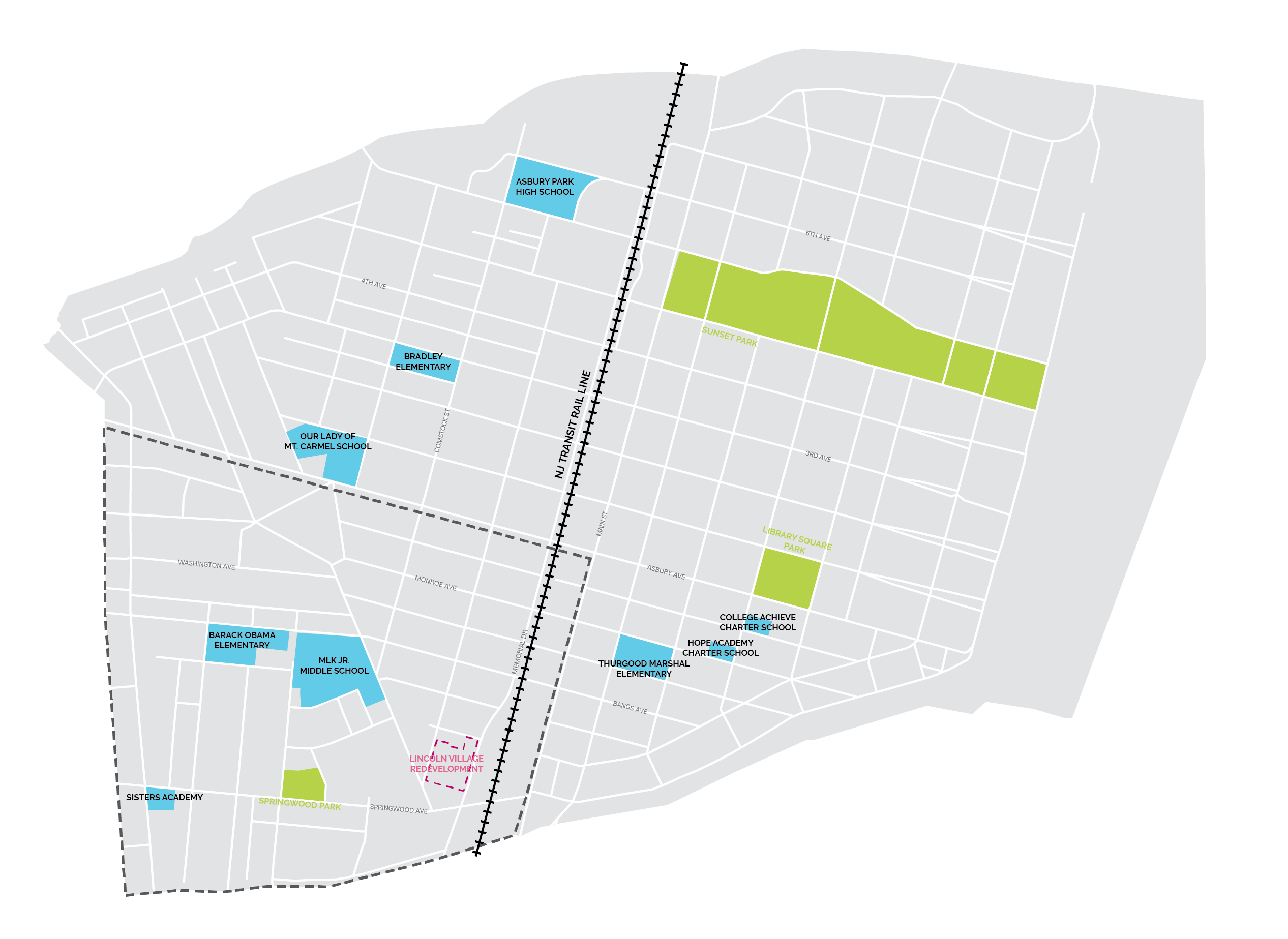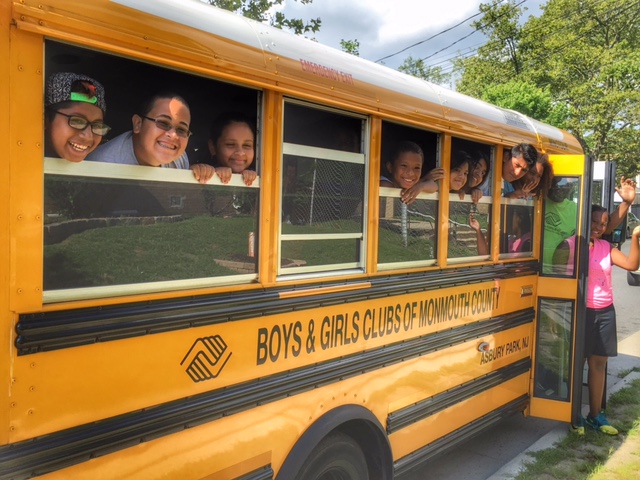Enhance partnerships between all local K-12 schools and local organizations
A common theme throughout the planning process was the need for more cooperation between local educational institutions and other organizations that serve youth. Strengthening ties between schools and service providers will greatly enhance students’ experiences.
LOCAL K-12 SCHOOLS

Data from U.S. Census
Lack of Coordination
key concern of Education Working Group
“Rewriting the Rules of Engagement: Elaborating a Model of District-Community Collaboration”
Ishimaru, Ann M. (2014). Harvard Educational Review, (24) 2: 188-216, 278-279
Abstract
In this ethnographic case study, Ann M. Ishimaru examines how a collaboration emerged and evolved between a low-income Latino parent organizing group and the leadership of a rapidly changing school district. Using civic capacity and community organizing theories, Ishimaru seeks to understand the role of parents, goals, strategies, and change processes that characterize a school district’s collaboration with a community-based organization. Her findings suggest an emergent model of collaboration that engages parents as educational leaders, focuses on shared systemic goals, strategically builds capacity and relationships, and addresses educational change as political process. This emergent model stands in contrast to traditional partnerships between communities and school or district leadership that often reflect deficit conceptions of marginalized parents and families. By rewriting the rules of engagement, parents, families, and community members can contribute critical resources to enable districts and schools to educate all students more equitably.
Evidence-based research was collected by Monmouth University
